How to Conduct Effective Interviews: Unlocking the Secrets to Finding the Right Fit
- AESC
- 5 days ago
- 3 min read

In today’s competitive job market, conducting effective interviews is more crucial than ever. The right interview can mean the difference between hiring a superstar who will elevate your team and bringing on a candidate who simply doesn’t fit. So, how do you ensure that your interviews are not only effective but also engaging? Let’s dive into some key strategies that can transform your interviewing process.
1. Prepare Thoroughly
Preparation is the cornerstone of a successful interview. Before the interview, take the time to review the candidate’s resume, cover letter, and any other relevant materials. Create a structured list of questions that align with the job description and the skills you’re looking for. This not only helps you stay focused during the interview but also ensures that you cover all necessary topics.
Additionally, familiarize yourself with the candidate’s background. A little research can go a long way in making the candidate feel valued and understood. This sets a positive tone for the interview and encourages open communication.
2. Create a Comfortable Environment
The interview setting plays a significant role in how candidates perform. A relaxed atmosphere can help candidates feel at ease, allowing their true personalities to shine through. Consider conducting interviews in a quiet, comfortable space free from distractions. Offering a glass of water or a cup of coffee can also help break the ice.
Remember, the interview is not just about assessing the candidate; it’s also an opportunity for them to evaluate your company. A welcoming environment reflects positively on your organization and can make a lasting impression.
3. Ask Open-Ended Questions
While it’s tempting to stick to yes-or-no questions, open-ended questions encourage candidates to elaborate on their experiences and thought processes. Instead of asking, “Did you meet your sales targets?” try, “Can you describe a time when you exceeded your sales targets and what strategies you used?” This approach not only provides deeper insights into the candidate’s capabilities but also allows them to showcase their problem-solving skills and creativity.
4. Listen Actively
Effective interviewing is as much about listening as it is about asking questions. Pay close attention to the candidate’s responses, and don’t hesitate to ask follow-up questions based on their answers. This demonstrates that you value their input and are genuinely interested in what they have to say. Active listening can also help you gauge the candidate’s communication skills and how they might fit into your team dynamics.
5. Assess Cultural Fit
Technical skills are essential, but cultural fit is equally important. During the interview, assess whether the candidate’s values align with your company’s culture. Ask questions that reveal their work style, collaboration preferences, and how they handle challenges. For example, “Can you describe a situation where you had to work with a difficult team member? How did you handle it?” This will give you insight into how they might interact with your existing team.

Conclusion
Conducting effective interviews is an art that requires preparation, empathy, and keen observation. By creating a comfortable environment, asking open-ended questions, and actively listening, you can uncover the true potential of your candidates. Remember, the goal is not just to fill a position but to find the right fit for your team and organization.
At QuickStart Solutions by Allied Executive Search Consultants, we understand the importance of effective interviewing. Our team is dedicated to helping you refine your hiring process, ensuring that you attract and retain top talent. Let us partner with you to transform your interviews into a powerful tool for success.


Comments